CREATING STUNNING GAMES WITH HTML5
HTML5 game development has transformed the gaming business by providing a new platform for developers to produce visually appealing games. HTML5 is a markup language used on the World Wide Web to arrange and deliver content. HTML5 has evolved into a powerful platform for game creation with the advent of different APIs and packages.
HTML5 game creation has various advantages over older game development platforms. HTML5 games are cross-platform, which means they can run on a variety of platforms and operating systems, such as desktop computers, laptop computers, smartphones, and tablets. Furthermore, HTML5 games do not require any downloads or installations because they are played straight in the browser. This makes them more accessible to players and removes the need for complicated installation procedures.
The HTML5 games are not only convenient, but also visually appealing and entertaining. Developers may create aesthetically appealing games with fluid animations, realistic physics, and immersive sound effects by incorporating sophisticated frameworks and tools such as Phaser, Construct 2, and ImpactJS.
Furthermore, HTML5 games are easily connected with social media and other web technologies, allowing players to share their progress and successes with friends as well as compete with them online. Ads and in-game purchases provide developers with additional monetization alternatives.
HTML 5 Game Development Services

What Exactly Are HTML5 Games?
HTML5 games have the advantage of being playable on any device that has a web browser and an internet connection. This implies that players may enjoy the same gaming experience on many devices without downloading and installing separate game files for each platform.
Another advantage of HTML5 games is their ease of development and deployment. Without the requirement for specialised game creation tools or software, developers can create games utilising basic web technologies. This allows indie game creators to build and release their games without investing in costly development tools or licences.
HTML5 games have a broad audience because they can be downloaded and played on any website or platform that supports HTML5. Developers can quickly distribute their games through famous online gaming portals, social media platforms, and other websites as a result of this.
Furthermore, HTML5 games are highly adaptable and can be readily customised to meet the needs of various players. Developers can update their games with new levels, characters, and features, as well as social elements like leaderboards, achievements, and multiplayer modes.
Overall, HTML5 games provide a terrific gaming experience that is accessible to a wide range of gamers and is simple for developers to produce and distribute. They are a popular choice for both casual and hardcore gamers, and their popularity is expected to expand in the future. (Read more about Learn Game Development: The Ultimate Tutorial for Beginners)
HTML5 Game Development - Step-By-Step Guide
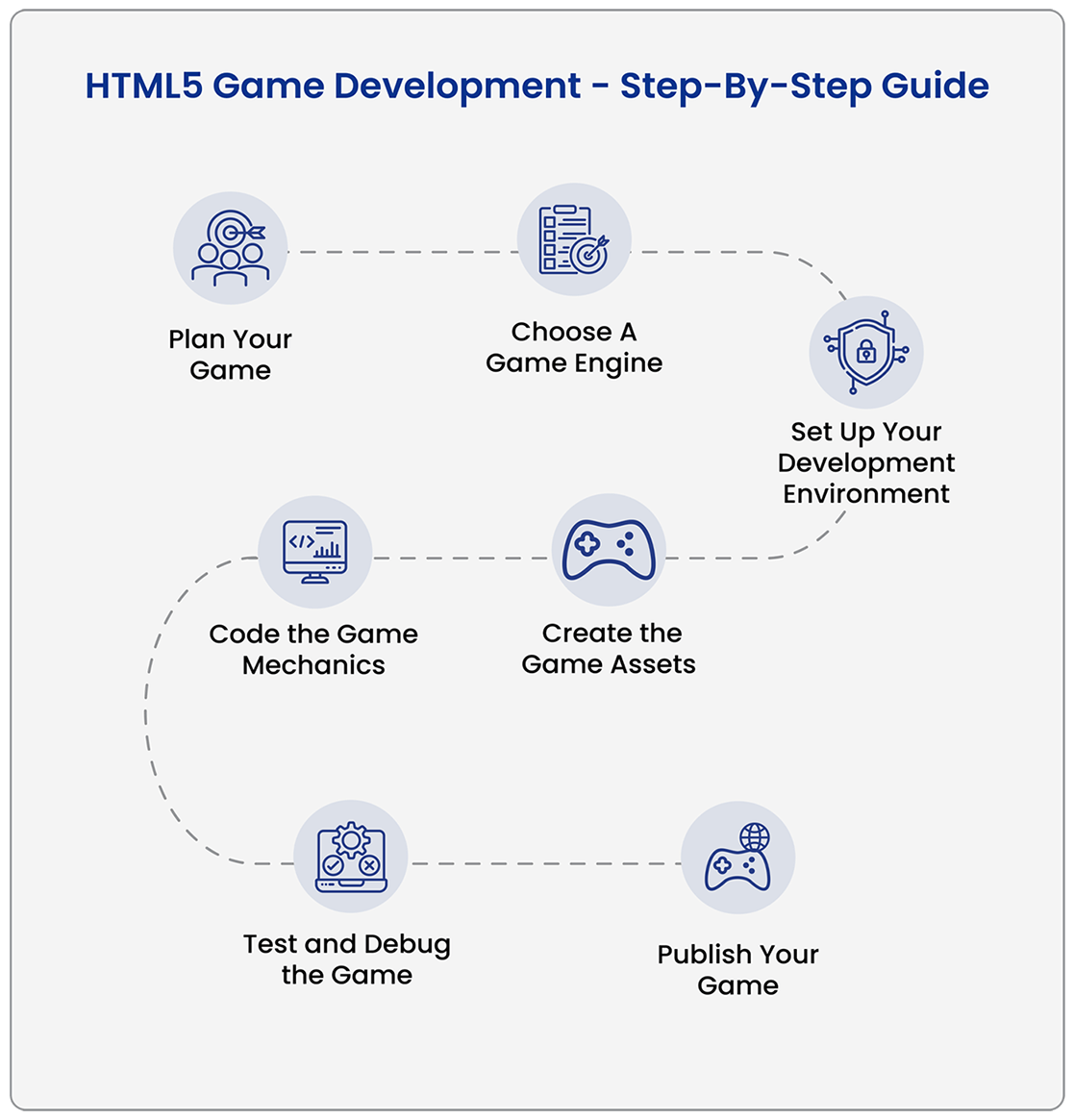
Step 1: Plan Your Game
Before you begin developing an HTML5 game, you need have a clear idea of what you want to build. Begin by generating ideas for your game’s premise, story, mechanics, and art style. When you have a general idea of what you want to make, you may start working on the details, such as the stages, characters, and gameplay.
Step 2: Choose A Game Engine
HTML 5 Game Development Company

Step 3: Set Up Your Development Environment
After you’ve decided on a game engine, you’ll need to set up your development environment. Installing the game engine software, as well as any other tools or plugins, may be required.
Step 4: Create the Game Assets
The following stage is to develop game assets such as characters, backdrops, and sound effects. You can either build these assets yourself with a graphics editor or use pre-made assets found online.
Step 5: Code the Game Mechanics
Begin coding the game mechanics in your preferred game engine. This could include generating game objects, configuring the physics engine, and writing the game logic.
Step 6: Test and Debug the Game
It is critical to test and debug your game after you have coded the game mechanics. To guarantee that your game runs properly, test it on several devices and browsers. Repair any faults or mistakes discovered during the testing process.
Explore our other insights!
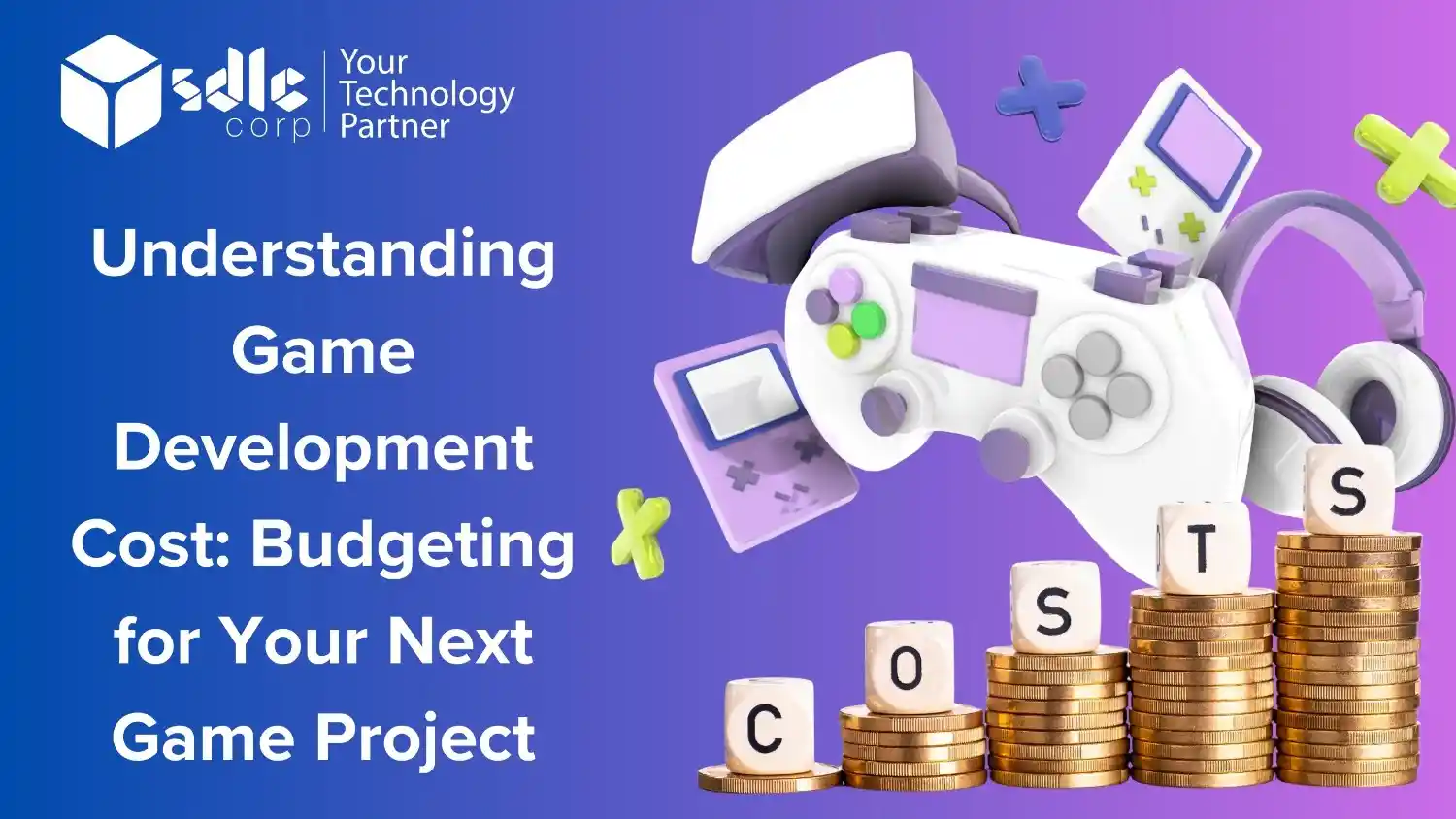
Understanding Game Development Cost: Budgeting for Your Next Game Project
Introduction Game development is a complex process involving stages such as pre-production, production, and post-production. These stages require

Game Development Outsourcing: Is It Right for Your Business?
Introduction Are you finding it challenging to keep up with the fast-paced demands of game development or struggling
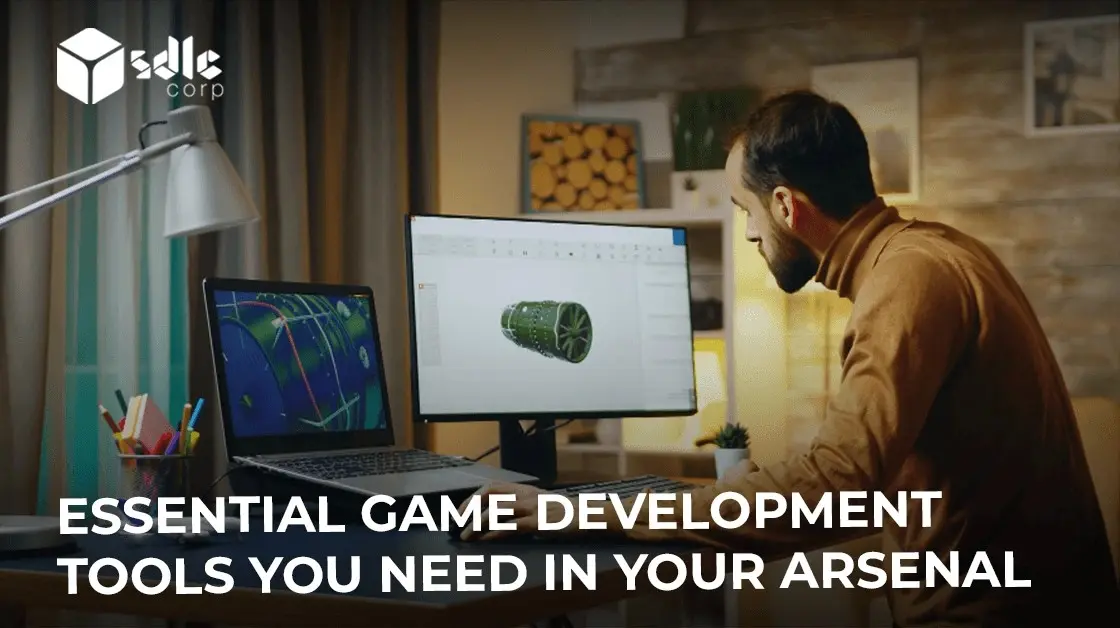
Essential Game Development Tools You Need in Your Arsenal
Introduction Creating video games is intricate and demanding, requiring a blend of skills and specialized tools. Whether you’re
Step 7: Publish Your Game

HTML5 Games
Angry Birds
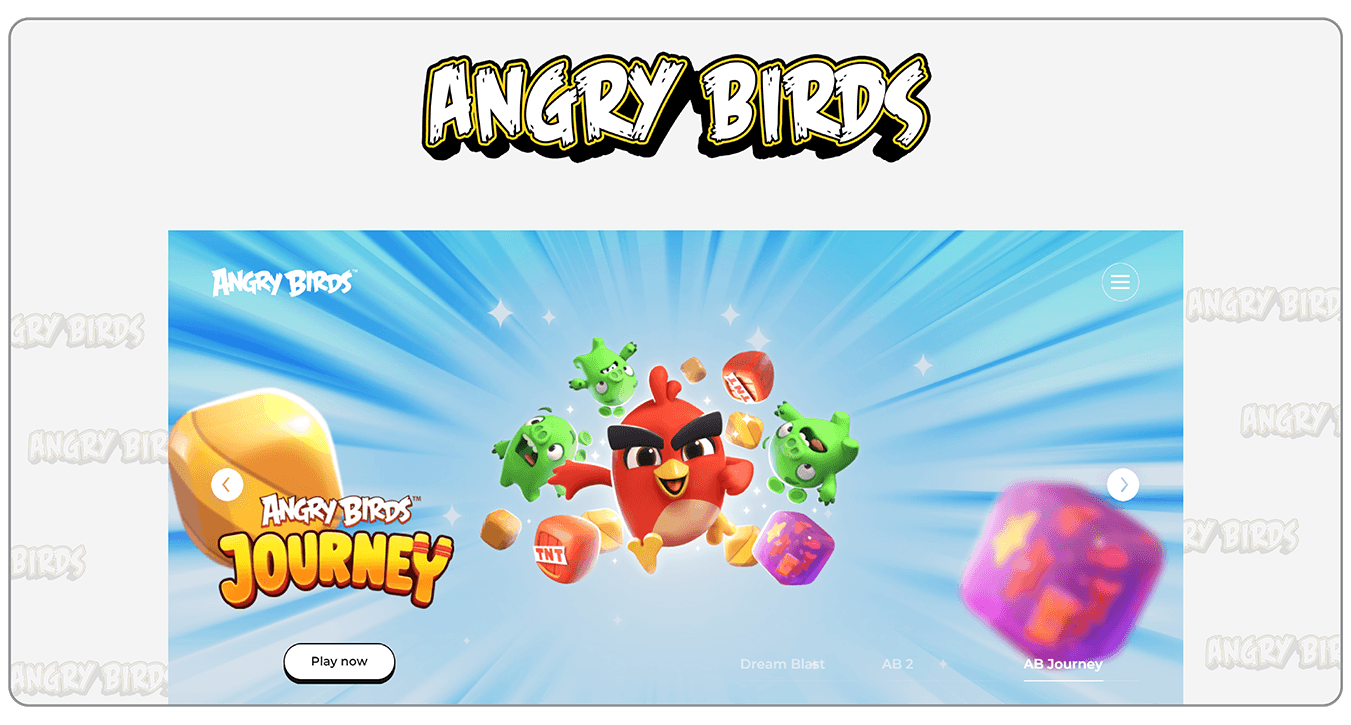
Cut the Rope
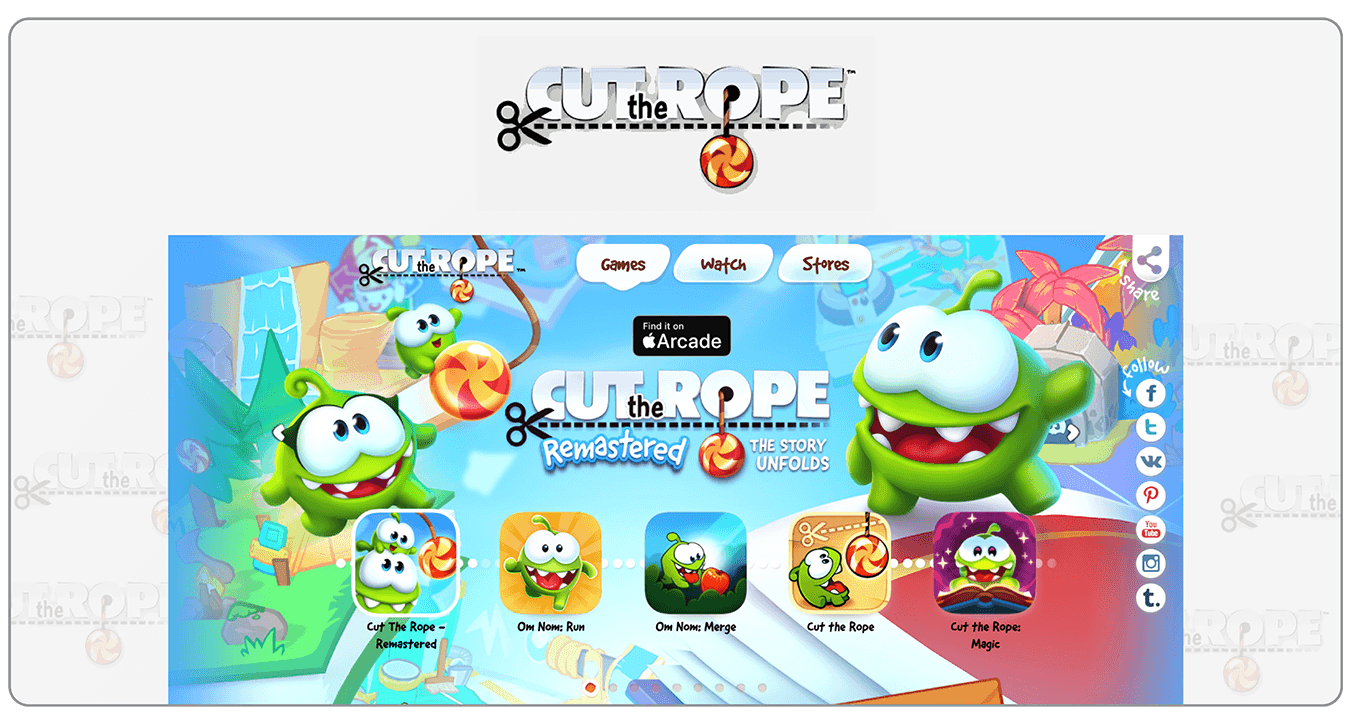
Crossy Road
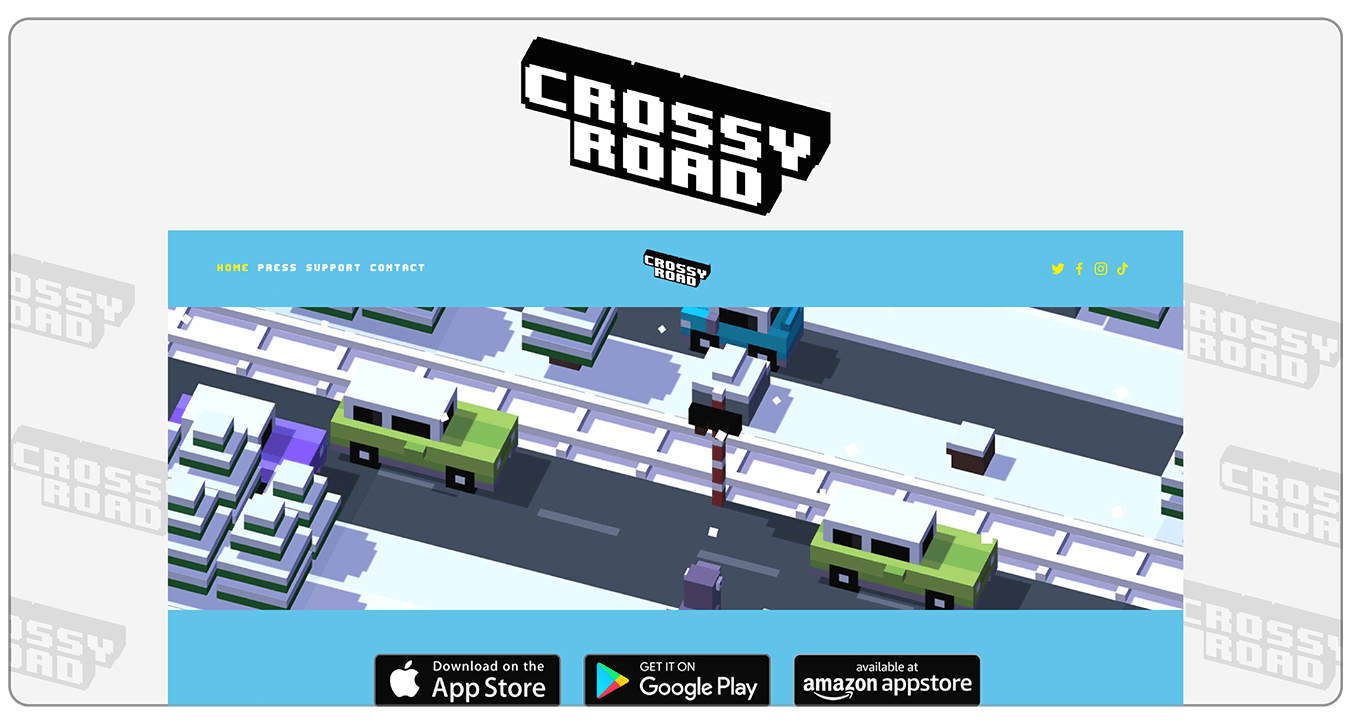
Bejeweled
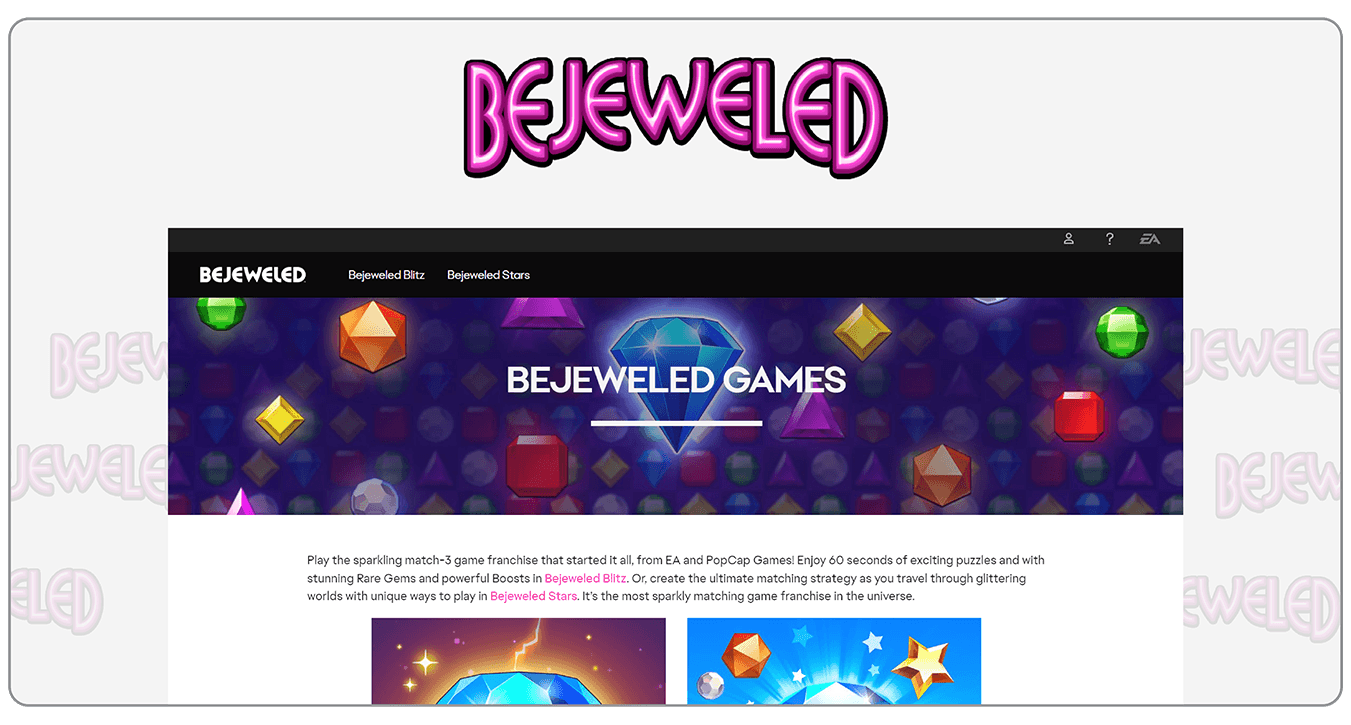
Level Up: Create Stunning Games with HTML5 Today!

HTML5 Vs. Adobe Flash
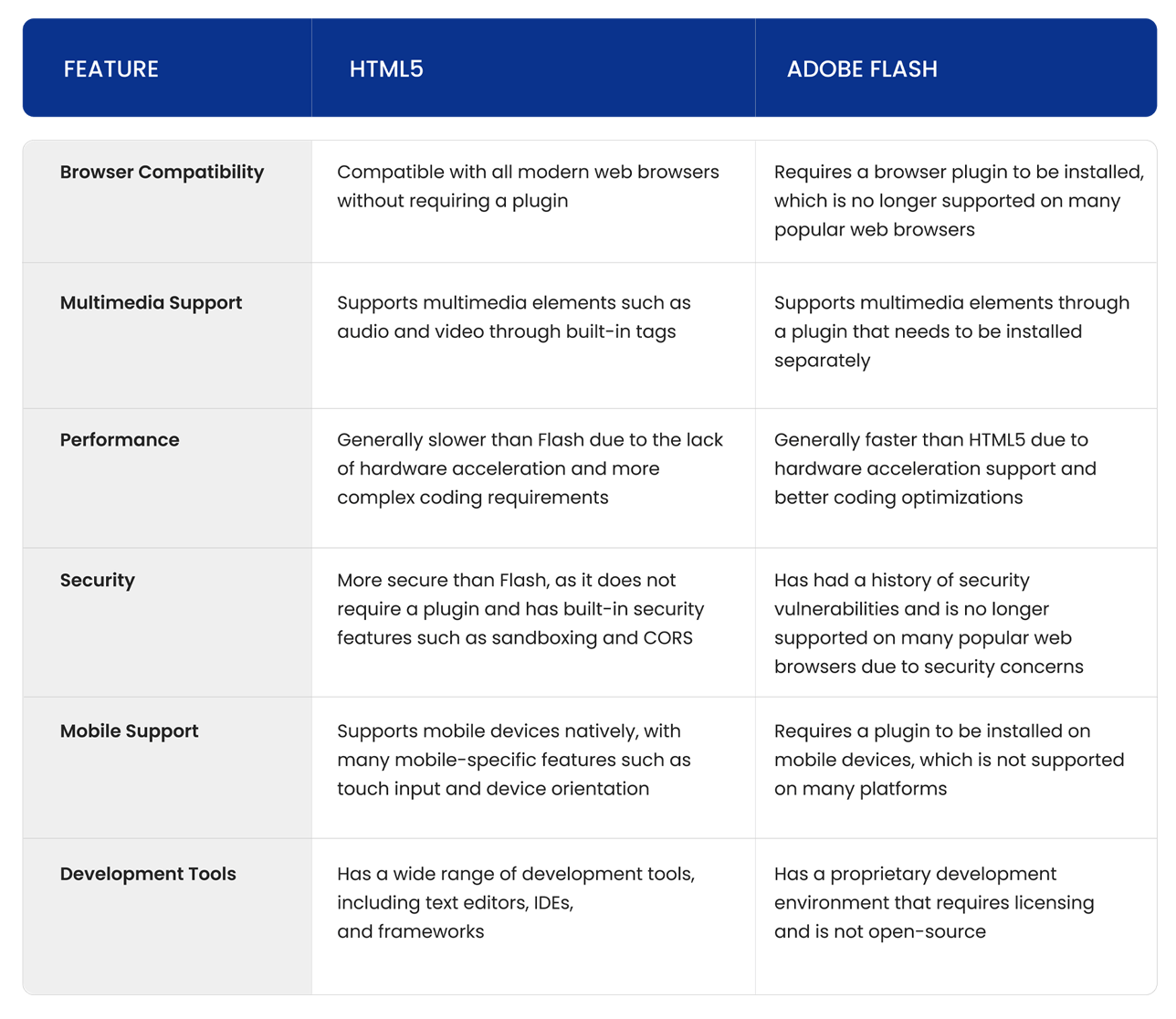
Conclusion
Subsequently because of its ease of use, cross-platform compatibility, and ability to produce magnificent games with rich graphics and engrossing gameplay, HTML5 game creation has become a popular alternative for game makers. HTML5 game creation is predicted to expand in popularity as mobile gaming becomes more popular and there is a greater need for high-quality web-based games. Game creation frameworks and tools like Phaser, CreateJS, and Construct have made it easier than ever for developers to create HTML5 games. The ability to integrate web technologies such as CSS, JavaScript, and SVG visuals in HTML5 game development has expanded game developers’ options. Overall, HTML5 game creation has a bright future for developers who want to develop visually appealing games that can be played on a variety of devices and platforms.
FAQs
1. What is HTML5 game development, and how is it different from traditional game development?
The process of generating games using web technologies such as HTML5, CSS, and JavaScript is known as HTML5 game development. It differs from traditional game production in that it does not necessitate the use of proprietary game engines or development environments, and games may be played on various devices and platforms.
2. What are some popular game development frameworks and engines for HTML5 game development?
Phaser, CreateJS, and Construct are some prominent game creation frameworks and engines for HTML5 game development. These frameworks give developers a plethora of tools and features for developing visually attractive games, such as physics engines, animation tools, and game object libraries.
3. What are the few advantages of using HTML5 for game development?
One of the primary benefits of adopting HTML5 for game production is that it is cross-platform compatible, allowing games to be played on a variety of devices and platforms. Furthermore, as compared to traditional game creation, HTML5 game development is quite simple to learn and does not necessitate expensive development environments or licencing fees.
4. Can HTML5 games compete with native games in terms of graphics and performance?
Yes, thanks to developments in web technologies and hardware acceleration, HTML5 games can compete with native games in terms of graphics and speed. However, the performance of HTML5 games might vary depending on the game’s complexity and the device being used.
5. How can I get started with HTML5 game development?
To get started with HTML5 game development, you should first study HTML5, CSS, and JavaScript, which are the essential technologies used. You can also look at famous game development frameworks and engines like Phaser, CreateJS, and Construct, which provide developers a variety of tools and capabilities for developing visually amazing games.



